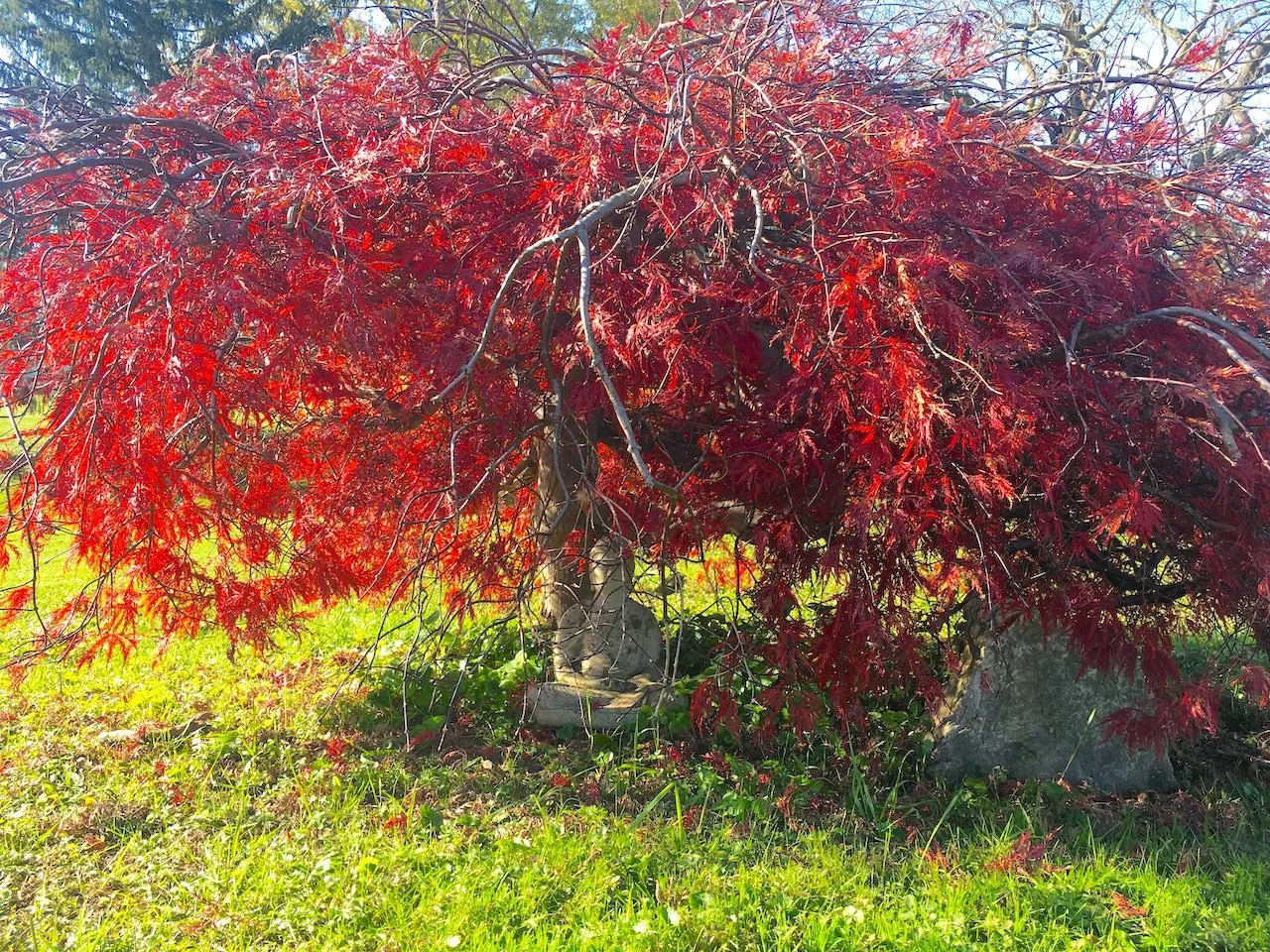To pray without words
This post is a pondering of what I thought was a compelling question:
"What does it mean to pray without words?
The question was posed by a participant of my Friday Qigong class, who had come across the phrase, 'pray without words' in something she was reading.
How does one do that, exactly?
Perhaps we might ask first, what does one even mean by 'pray'?
While one definition states that to pray, at its most basic level, is 'to converse with God' (and then, what does one mean by 'God'?), I invited outside input by posting the question on my Instagram and Facebook pages.
I so appreciated the responses, and collectively they spoke to the idea that prayer can be defined as both a specific practice and a way of living.
Praying (as compared to some forms of meditation) usually implies language...
... an audible or silent expression of gratitude, of need, of intercession.
The question at hand suggests a sort of spiritual charade game - how might one communicate the desires and longings of the heart and soul without words? (And - why would this be a good exercise? I'll leave that to you to answer...)
As a practice, like within a quiet, intentional session between us and God, Source, Life, the Real, one suggestion was the use of imagery - calling to mind 'glory', light', 'beauty'.
As we had just been engaged in an embodied meditation practice, I suggested 'fleshing it out' more: How does gratitude feel in the body? Better yet, how does our body DO gratitude? Or grief? Or need? Or grace - for ourselves or a loved one?
If you like, wordlessly call in one of those states you feel closest to now.
What do you notice in your body?
What about imagining ourselves already in the state of the answered prayer: Healthy, complete with details. Solvent, maybe imagining writing the last car payment check. Or, consoling a friend in need with a loving hug.
Prayer as a posture.
There's a familiar story involving two monks (Buddhist, or Christian - depends on the source ;) who step away from their duties to have a smoke.
A debate arises about the righteousness of their habit, and so they consult their superior.
When one monk asks, "Is it permissible that we smoke while we pray?", the abbot reprimands them, "No! Prayer is just for praying. You should never bring in other activities."
The other monk then asks, "Is it permissible that we pray while we smoke?", to which the abbot replies, "Yes! Whatever you are doing you should also be praying."
We see that prayer can take the form of a way of life - a living, dynamic conversation, embodying both the questions and the answers.
In the bible, Paul encourages the followers of the Way in Thessalonica thusly:
"We urge you, brethren, admonish the unruly, encourage the fainthearted, help the weak, be patient with everyone.
See that no one repays another with evil for evil, but always seek after that which is good for one another and for all people.
Rejoice always; pray without ceasing; in everything give thanks..."
Sounds like good advice for any age....
One last seasonally-relevant thought :)
The Lungs, which in Chinese Medicine, house the Po: the aspect of our soul that is enlivened by our physical senses.
The Po is our sensory self - that which fleshes out our experiences in this physical world through our engagement with sight, sounds, smell, touch, taste.
It's our ability to savor: the smell of crisp fall air, the sweetness of apples, the sparkle of your beloved's eyes, even the sharp pain of loss of that same beloved.
And isn't this a form of prayer without words?
I'd love to hear YOUR thoughts ... reply below, or post on my IG or FB pages.



